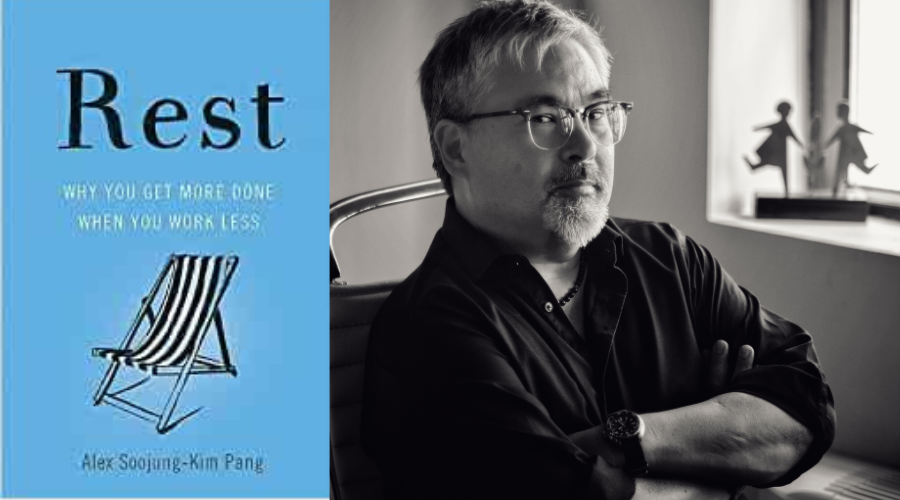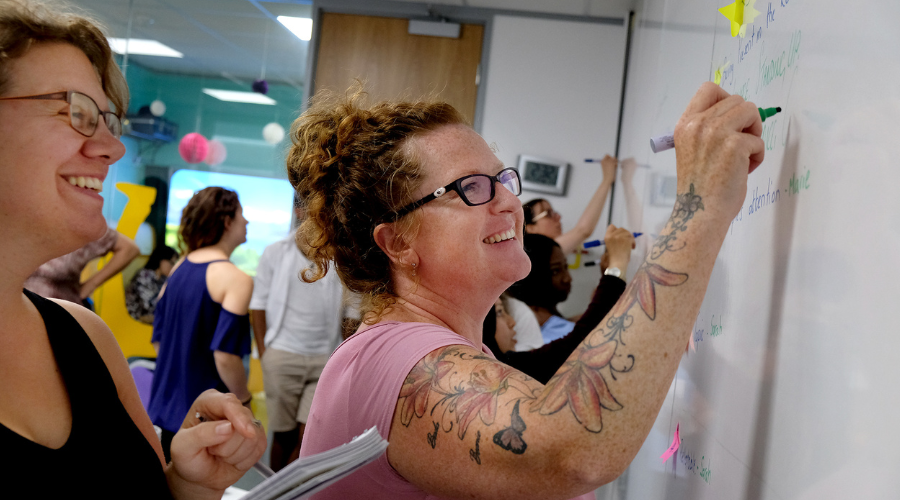6 Years With No Decisions at Happy

It is now six years since I stopped, as a Founder, making decisions at Happy. And, no, I haven’t passed it onto anybody else. Decisions are made by those responsible or, if across the whole company, by everybody.
Read more about the thinking behind his decision in this blog by Happy’s Chief Happiness Officer, Henry Stewart.
How to Combine Multiple Answers Into One Column With CONCAT

If you had multiple records across different columns, how would you combine them into one? Rather than having to do this manually, you can use the CONCAT function. Find out how it works in this short blog by Happy’s Chief Happiness Officer, Henry Stewart.
Happy’s 4 Day Week: You Should Try it Too! (18 Month Update)

In June 2022 Happy launched our
Four-Day Week initiative.
We joined over 60 other companies worldwide in the trial, hoping to improve productivity as well as overall wellbeing.
A year and a half has passed since then. In this blog, Happy’s Founder and Chief Happiness Officer – Henry Stewart looks at how this scheme has impacted us at Happy.
How The Public Sector Gives its People Trust

I have asked thousands of people when they work at their best. For over 90% of them it has been when they have been given the trust and freedom to make their own decisions.
I have also asked whether they like “complete freedom” or “freedom within guidelines”. While there are a few anarchists who like complete freedom (especially entrepreneurs) most people – again roughly 90% – choose freedom within guidelines.
People like to know what the overall framework is, but to have freedom within it.
I also ask whether people like to be told what to do. Fewer than 2% go for that option.
4 Key Insights From “Rest” by Alex Soojung-Kim Pang

Alex Soojung-Kim Pang is one of our speakers at the online Happy Workplaces Conference on 15th June. He is a key player in the four-day work week movement and has also written a book called Shorter about that topic.
At the conference, he will be talking about his first book,
Rest: Why You Get More Done When You Work Less.
“Long hours are an expression of our identity and proof of our seriousness,” Alex suggests. “They don’t necessarily make us more productive; they make us look more productive.”
How to Be a Multiplier and Why it is Important

I recently did a podcast with Liz Wiseman, the author of Multipliers: How the Best Leaders Make Everyone Smarter (and Impact Players).
Her book, Multipliers, has had a transformational impact on Happy and on our programmes. All of our ‘people managers’ are Multipliers, who enable their people to do their best work, and we’ve began training others on how to be a Multiplier on our leadership programmes.
How Happy’s Level 7 Senior Leaders Programme Has Ignited Change in Organisations

Our aim with our
Level 7 programme for Senior Leaders
was to not just teach a few leadership tips, but to ignite real change in their organisations. As an apprenticeship qualification, the focus is on implementing ideas and on-the-job learning rather than sitting in long, dull lectures.
Our first Level 7 cohort has recently finished the programme. In this blog, Henry speaks to people who attended the programme and how it changed both their leadership style and their organisation.
The Importance of 2 Tracks For Promotion

A colleague at a client told me, when they started with the organisation, that their manager said to them:
“I’m not really a people person.”
“I probably won’t remember your name.”
“I would much rather be writing reports at my desk.”
What should that person be doing? They should not be managing people, and if they are good at writing reports, they should be well paid for it.
What Are the Benefits of Employees Being in Control?

Last month I wrote a
LinkedIn post
suggesting that staff should decide the CEO’s salary, based on my own experience of doing just that.
So far it has received 344,000 views and 505 comments. And it seems to have been controversial.
How Easy Is It to Get Things Done in Your Organisation?

Is your organisation one where people can move quickly and get new ideas out there, or is it stymied in levels of approval and hierarchy?
In this blog, Henry discusses some of the various approaches of several well-known companies, as well as Happy’s own policy towards this.





